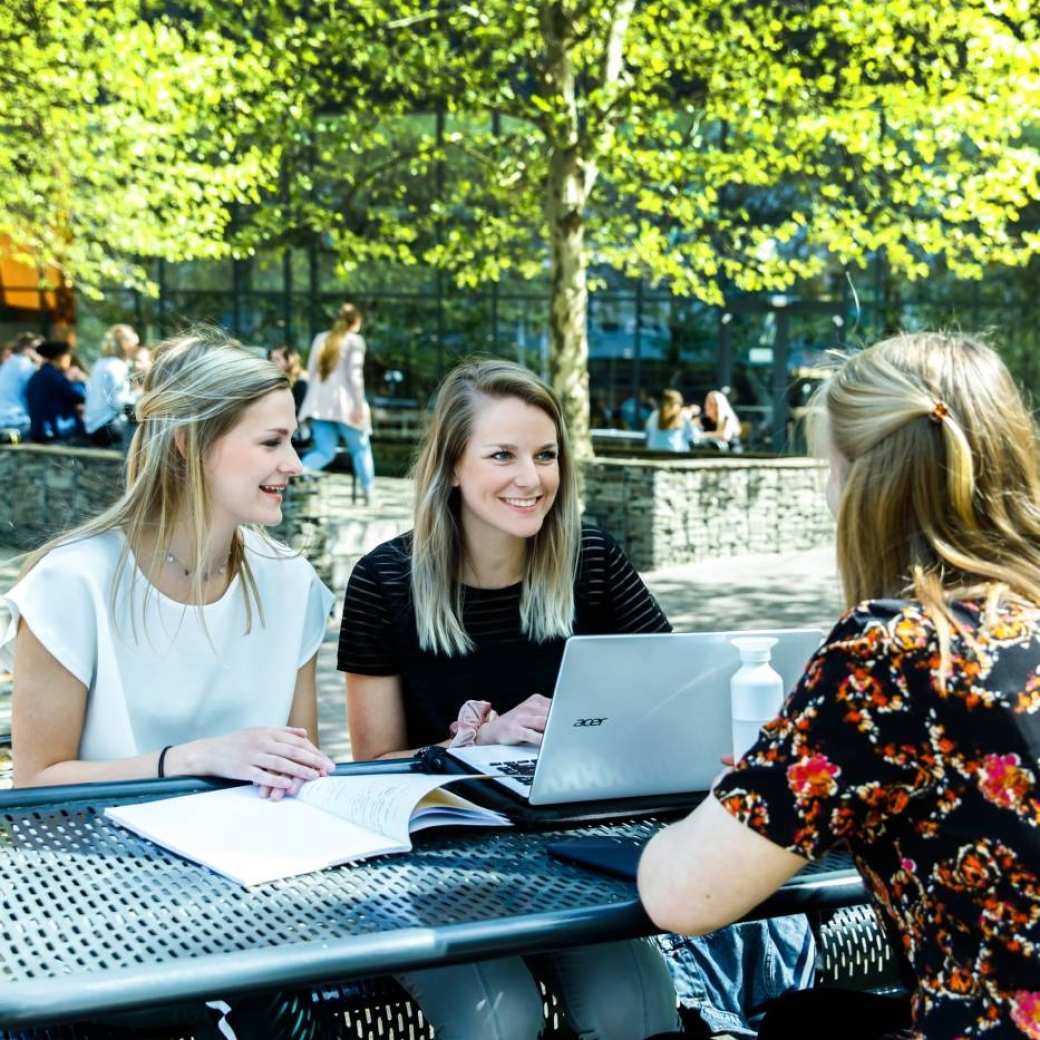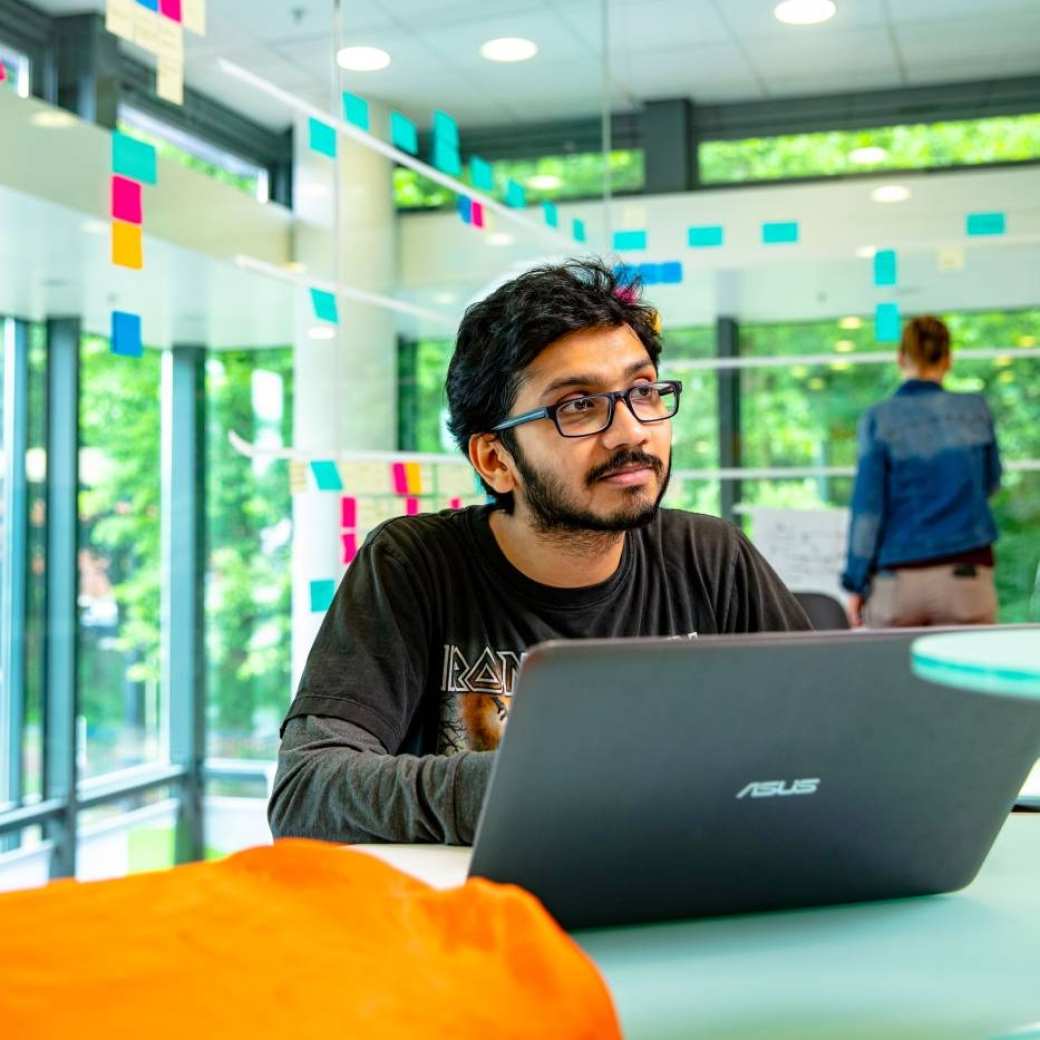The Intercultural Social Professional
You want to help create an “inclusive society”. One where everyone feels free to speak up. This exchange program is just what you’ve been looking for. You learn more about human rights. How to use creative media. And the science of play. It’s social work on an international level!

The program in a nutshell
Classes for this exchange program take place typically on Thursday and Friday. Your time is split up into lectures. Self-study. And practical assignments. Towards the end of the program, you undertake a 16-week work placement.
Your work placement occurs in the Netherlands. During this time, you work in the field. With a Dutch social and/or intercultural company. It’s important that you soak up every experience. Eat, sleep and breathe the company and its values. At the end of your 16 weeks, you hand in a full report. Detailing your experiences. Are you ready?buiten

Program details
Learning outcomes
By the end of this exchange program you can:
- Work at an international institute, business or community
- Work directly with colleagues in intercultural social work
- Plan and manage international social work and cultural activities

Competences
You strengthen these competence areas during the program:
- Build up and manage an inclusive society
- Teach others to contribute positively to society
- Gain practical experience
- Work closely with international students, pros

Dutch way of learning
The atmosphere in a Dutch classroom is quite informal and your lecturers are easy to talk to. In fact, at HAN you’re seen as a partner in the learning process. Class sizes are small and your lecturers encourage you to actively participate in class. To ask questions and give your own opinion. They also stimulate you to be creative and to discover things for yourself.

International Introduction
The HAN International Introduction gives you a great start at HAN. Students and staff organize these days especially for new international students. That means you! You get loads of useful info and practical tips about studying and living in Nijmegen. What’s more, you have great fun and meet lots of other students. The program is a must for all new international students. And it’s free of charge!

What about credits and grading?
At HAN we use the European Credit Transfer and Accumulation System, or ECTS. It’s the standard credit system used in higher education across Europe. How does it work? One credit = 28 hours of study. Think of contact hours. Time spent working on assignments. Preparing for exams.
One semester = 30 credits = 840 hours of study. To earn credits, you need to pass your exams. What counts as a pass? A grade of at least 5.5.

Admission
What are the admission requirements? And how do I apply?
